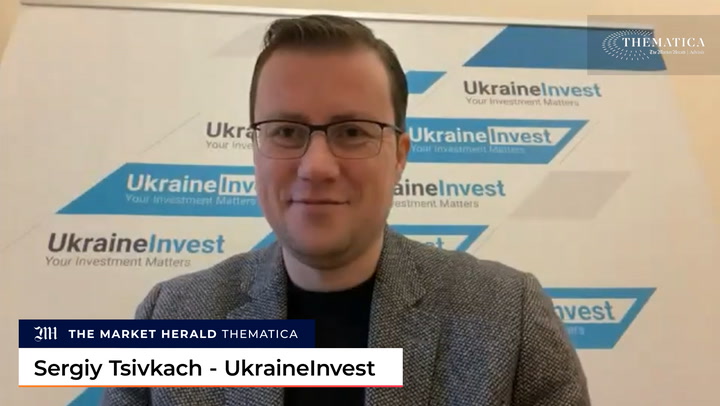- The S&P 500 hit another record high on Tuesday as investors brushed off concerns regarding both the halt in Johnson & Johnson’s vaccine rollout and hefty U.S. inflation
- The drugmaker was marginally hit by calls to suspend the use of its vaccine after six women developed rare blood clots
- Meanwhile, the U.S. consumer price index in March rose by the most in more than eight years, signalling the start of a brief period of higher inflation
- With the start of the earnings season, analysts expect earnings for S&P 500 companies to have jumped around 25 per cent from a year ago
- All up, the S&P 500 gained 13.6 points, or 0.33 per cent, while the Dow Jones Industrial Average fell 0.2 per cent and the Nasdaq added 1.05 per cent
The S&P 500 hit another record high on Tuesday as investors brushed off concerns regarding both the halt in Johnson & Johnson’s vaccine rollout and hefty U.S. inflation.
The drugmaker’s shares closed down 1.3 per cent after hitting a one-month low during trading, as calls to suspend the use of its COVID-19 vaccine — which is thought to be connected to six women who developed rare blood clots — dealt a fresh setback to pandemic mitigation efforts.
News of the blood clots came as U.S. data showed the consumer price index in March rose by the most in more than eight years, signalling the start of what many economists expect will be a brief period of higher inflation.
Big tech names that flourished during coronavirus-related lockdowns last year saw a return to buying, with Apple, Microsoft and Amazon all enjoying a boost of between 0.6 and 2.4 per cent.
The broader technology sector rose one per cent, while the NYSE FANG+TM — an index comprising highly traded, next-generation, tech-based stocks — climbed 1.7 per cent to another record close.
“While [the Johnson & Johnson news] may cause some short-term volatility, investors have been pretty steadfast in their faith in a full economic recovery,” said Mike Loewengart, managing director of investment strategy at E*TRADE Financial.
The volatility index (VIX), meanwhile, hit a fresh 14-month closing low of 16.65, reflecting the distinct lack of market jitters.
“This year, 20 had proved to be a bit of a floor, but what we’ve seen from the start of this month is the VIX broke down through that level and established its trading range at mid-teens, which is notable for the broader risk environment as we enter earnings season,” said Greg Boutle, U.S. head of equity and derivative strategy at BNP Paribas.
According to data from Refinitiv IBES, analysts expect earnings for S&P 500 companies to have jumped around 25 per cent from a year ago, thanks largely to the rapidly recovering strength of the consumer discretionary and financial sectors.
All up, the S&P 500 gained 13.6 points, or 0.33 per cent, while the Dow Jones Industrial Average fell 0.2 per cent and the Nasdaq added 1.05 per cent.








